
Speakers 2024
To see the full list, please click on this link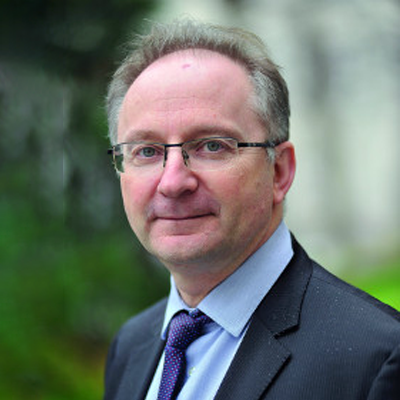
Jean-Luc Tavernier has been appointed Director-General of INSEE (Institut national de la statistique et des études économiques, the French National Institute of Statistics and Economic Studies) as of March 2012. Mr Tavernier graduated from Ecole Polytechnique in 1980 and ENSAE (Ecole nationale de la statistique et de l'administration économique, the National School of Statistics and Economic Administration) in 1985. Prior to his arrival at INSEE, Mr Tavernier had been the deputy Head of the Investment Agency since 2010.
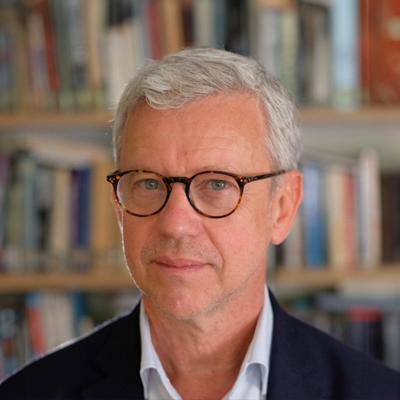
Bruno Tertrais is Deputy Director of the Fondation pour la recherche stratégique (FRS), a leading French think-tank on international security issues. A graduate in law and politics, he obtained his doctorate under the supervision of Pierre Hassner. After working at NATO's Parliamentary Assembly, he worked for the Ministry of Defence and the RAND Corporation, and joined the FRS in 2001. He was a member of the committees in charge of the White Papers on Defence and National Security in 2007-2008 and 2012-2013. He has been a contributor to Institut Montaigne's studies since 2017 and published Le défi démographique (2018). His latest publications include: L'Atlas des frontières (Les Arènes, 2016, Prix de la Société de Géographie); Le Président et la Bombe (Odile Jacob, 2017, Prix du Livre géopolitique); La Revanche de l'histoire (Odile Jacob, 2018); Le choc démographique (Odile Jacob, 2020). Twice every month, he publishes a column in L'Express called "Le Regard du stratège".
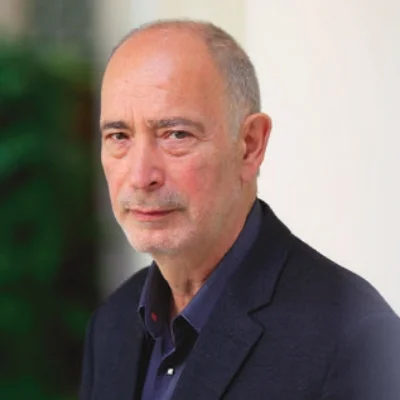
Founder of Ipsos and Chairman of the Board of Directors, Didier Truchot was a graduate of Paris-Sorbonne University in Economics. He started his career as a researcher at the French Institute of Public Opinion, IFOP.
He founded Ipsos on October 1st, 1975, in Paris, with an innovative idea in mind: to closely partner with his clients to provide them with easy-to-use information through syndicated services and custom surveys. Ever since, Didier has been expanding Ipsos throughout the world and has diversified its activity with new segments such as public opinion, social research, consumer studies and client experience.
Debate 26 • Predicting, imagining, devising strategies: despite that never goes according to plan.
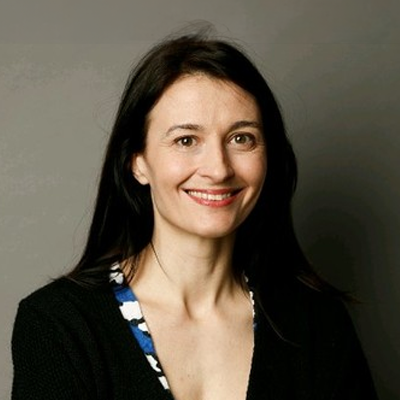
Titulaire d’un doctorat en économie, Natacha Valla débute sa carrière à la Banque centrale européenne (BCE) avant de rejoindre le département « Global Economic Research » de la banque Goldman Sachs en 2008, puis la Banque européenne d'investissement (BEI) en 2014. En 2018, elle devient Directrice générale adjointe de la politique monétaire à la BCE et membre du comité directeur de l’Institut Montaigne. Présidente du Conseil national de la productivité, administratrice de LVMH, elle enseigne dans plusieurs universités et copublie un ouvrage reconnu sur les évolutions de la politique monétaire « Le futur de la monnaie » (Odile Jabob, 2021). Elle est la doyenne de l'École de management et d'innovation de Sciences Po depuis 2020.
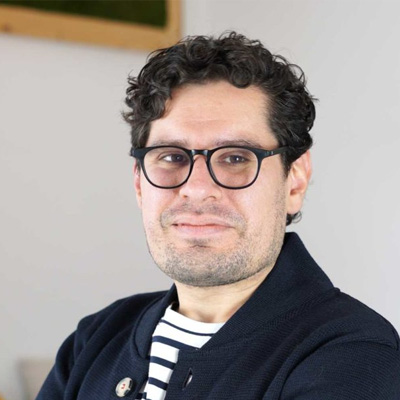
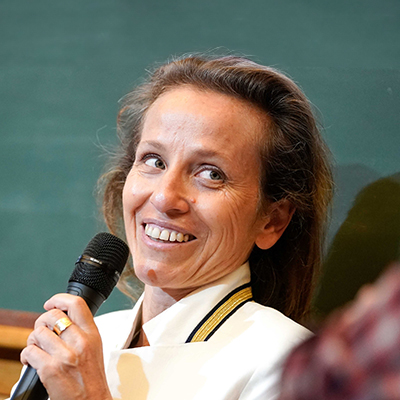
Flore Vasseur (1973) is a French author, screenwriter, and director. She studied political science in Grenoble and economics in Paris and now resides in Annecy. Both her literary and cinematic work focus on visionaries, activists, artists, and whistleblowers (Meeting Snowden; the book What Remains of Our Dreams; and Bigger Than Us).
Debate 34 • Building together reasonable ecological transformations.
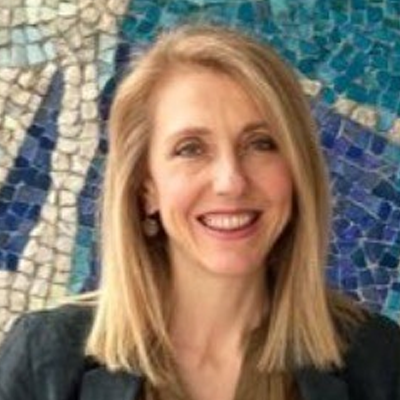
Diplômée de Sciences Po et de l'ENA (promotion Léopold Sédar-Senghor), Sibyle Veil intègre le Conseil d’État en 2004 comme auditeur puis maître des requêtes. De 2007 à 2010, elle est nommée conseillère de Nicolas Sarkozy, président de la République, en charge du travail, de la santé, du logement, et des solidarités. Après un passage à l'Assistance publique-Hôpitaux de Paris (AP-HP), elle devient Présidente-Directrice générale de Radio France en 2018, reconduite dans ses fonctions par l'Arcom pour un deuxième mandat en 2022. En 2023, elle est élue à la présidence du Comité Radio de l'Union Européenne de Radio-Télévision (UER) et publie « Au commencement était l’écoute. En finir avec la société du défouloir » (Éditions de l’Observatoire, 2023).
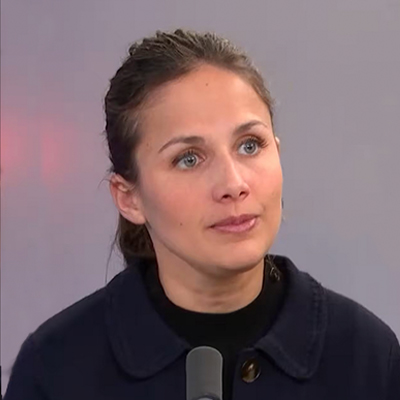
Anaïs Voy-Gillis’ research interests include industrial policies and relocations, issues and determinants of reindustrialisation, and the rise of nationalist parties in France and Europe. She is a graduate of the Ecole Normale Supérieure and holds a PhD from the French Institute of Geopolitics. In 2023, she became Director of Strategy and CSR at Humens, a specialist in inorganic chemicals. She is also an associate researcher at the Centre for Management Research (IAE Poitiers).
Debate 8 • How to revitalise our speeches about climate change's challenges ?
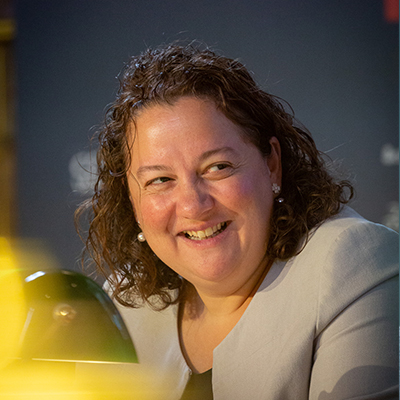
Zahia Ziouani grew up in a family of music lovers. She learned classical guitar before learning viola. She then decided to learn conducting. Student of the master-classes of Sergiu Celibidache in Paris, she was only 16 when she was noticed. Followed several months of intensive courses. Then she founded her own ensemble, the Divertimento Orchestra, which since 1998 has animated the territory of Seine-Saint-Denis. She also conducted the National Orchestra of Algeria from 2006 to 2013. Fascinated by the stage, she creates shows with actors, athletes or choreographers, while opening her repertoire to other genres such as hip-hop or Mediterranean music. She helps young musicians with the Divertimento Academy, which she founded in 2008. Zahia Ziouani willingly talks about her atypical career, which saw her face the prejudices attached to her social and cultural origins, her career in Seine-Saint-Denis or her desire to be a female conductor, during conferences and in her autobiography La Chef d’Orchestre. Her story was brought to the screen in 2023 by Marie-Castille Mention-Schaar in the film Divertimento.
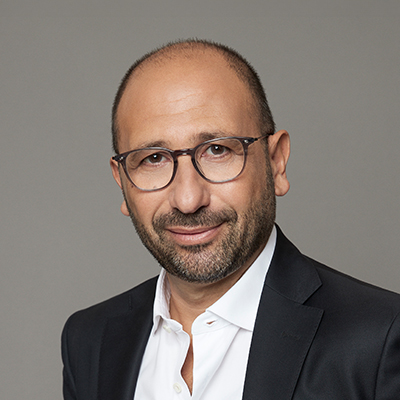
Jonathan Zrihen joined the Clarins Group in 1993, after graduating from the Institut Supérieur du Commerce de Paris. After a career in export and international business (Australia), he became President of several of the Group's key regions (Asia-Pacific, Canada, USA, Americas). In 2015, he was appointed President & CEO. Under his leadership, the Clarins Group is refocusing on skincare and make-up, accelerating its international development and stepping up its commitment to responsibility. For the past 25 years, Jonathan Zrihen has worked to continue and increase the development of Clarins with the aim of making it a world leader in skincare products.
